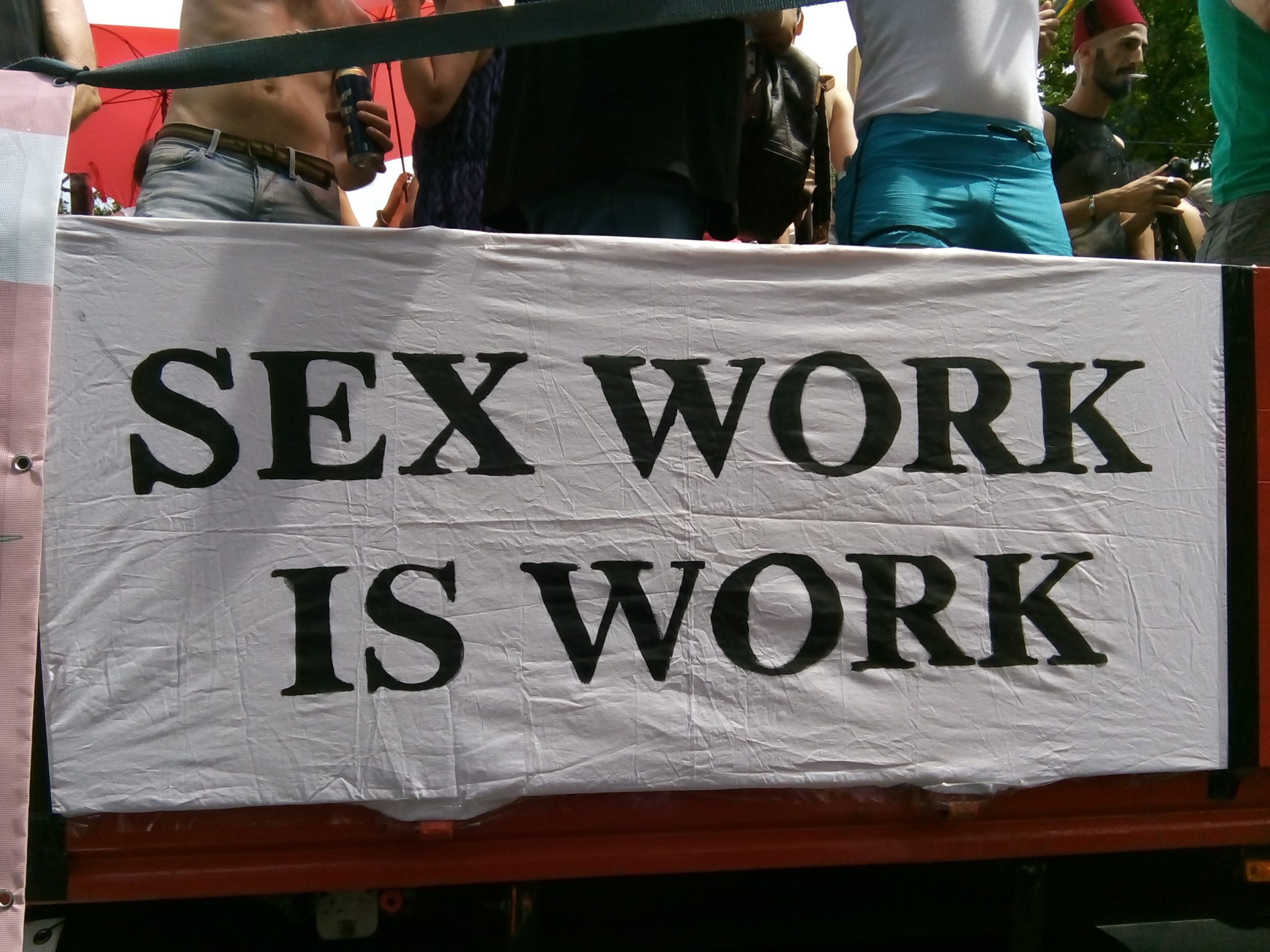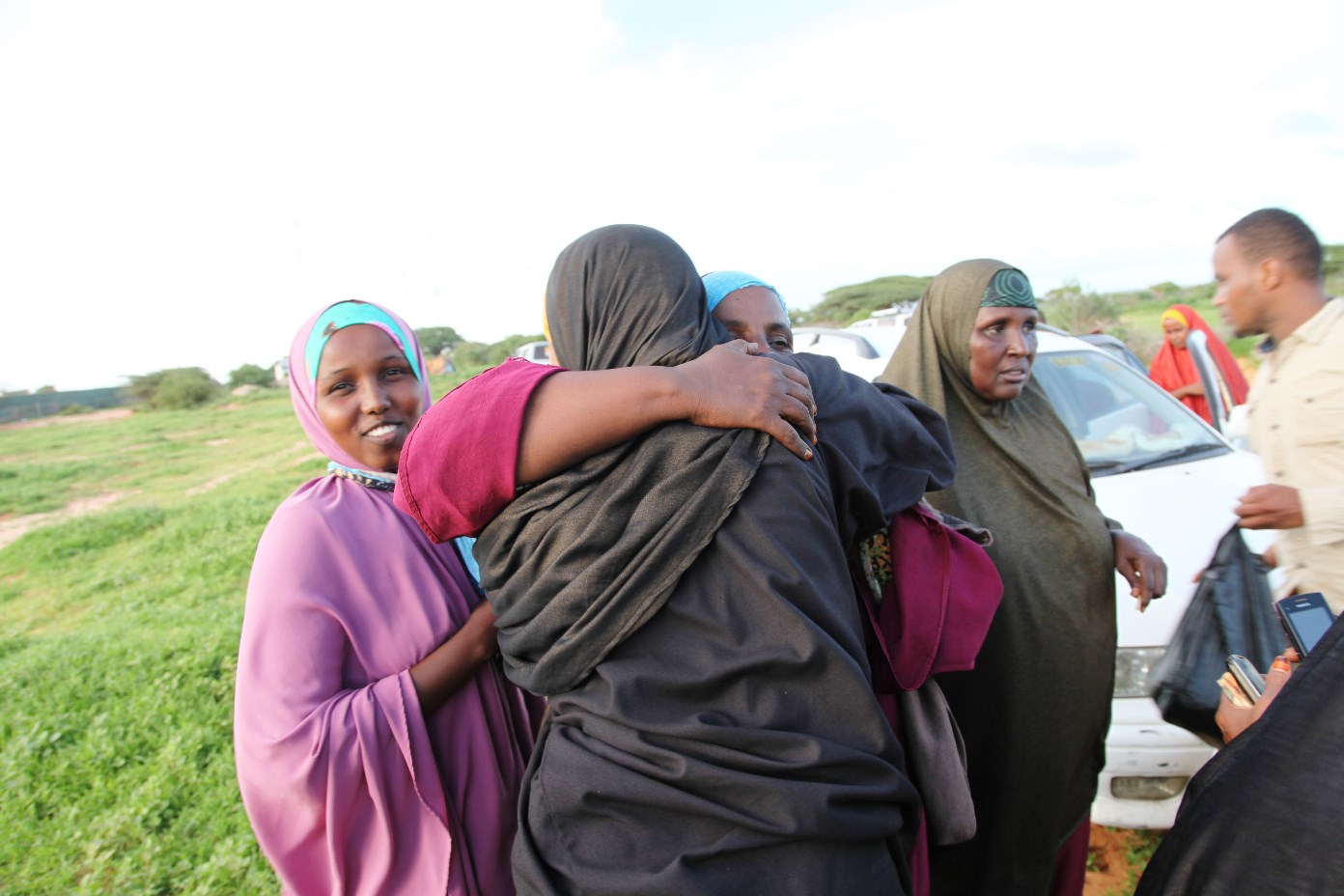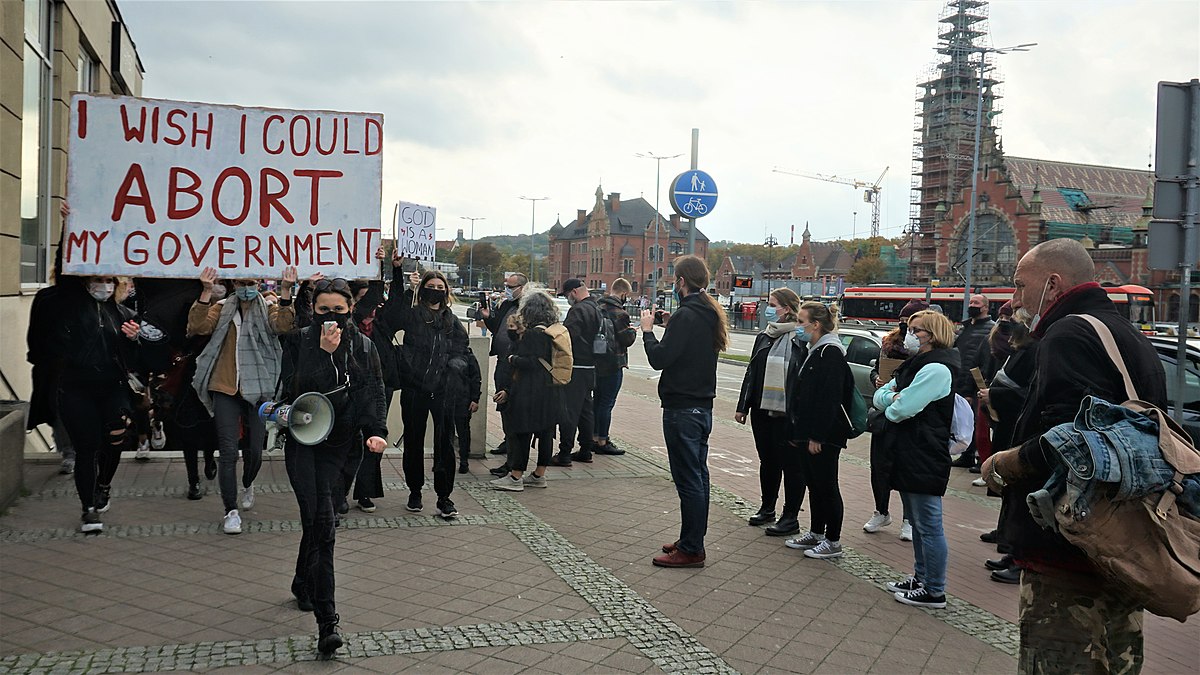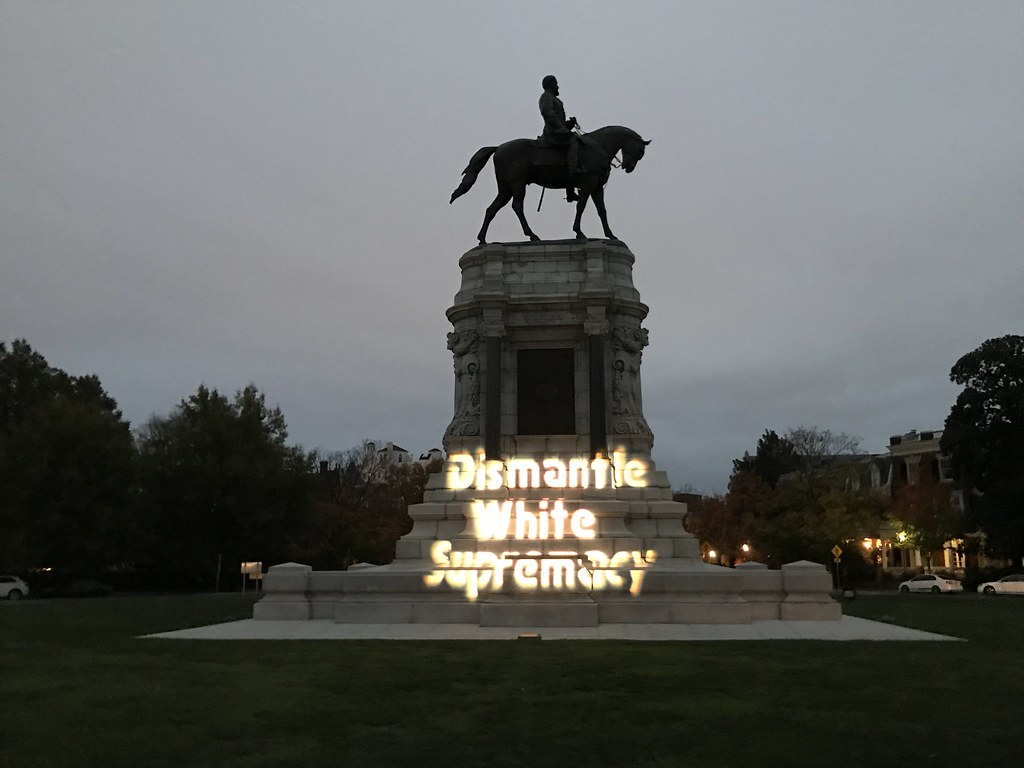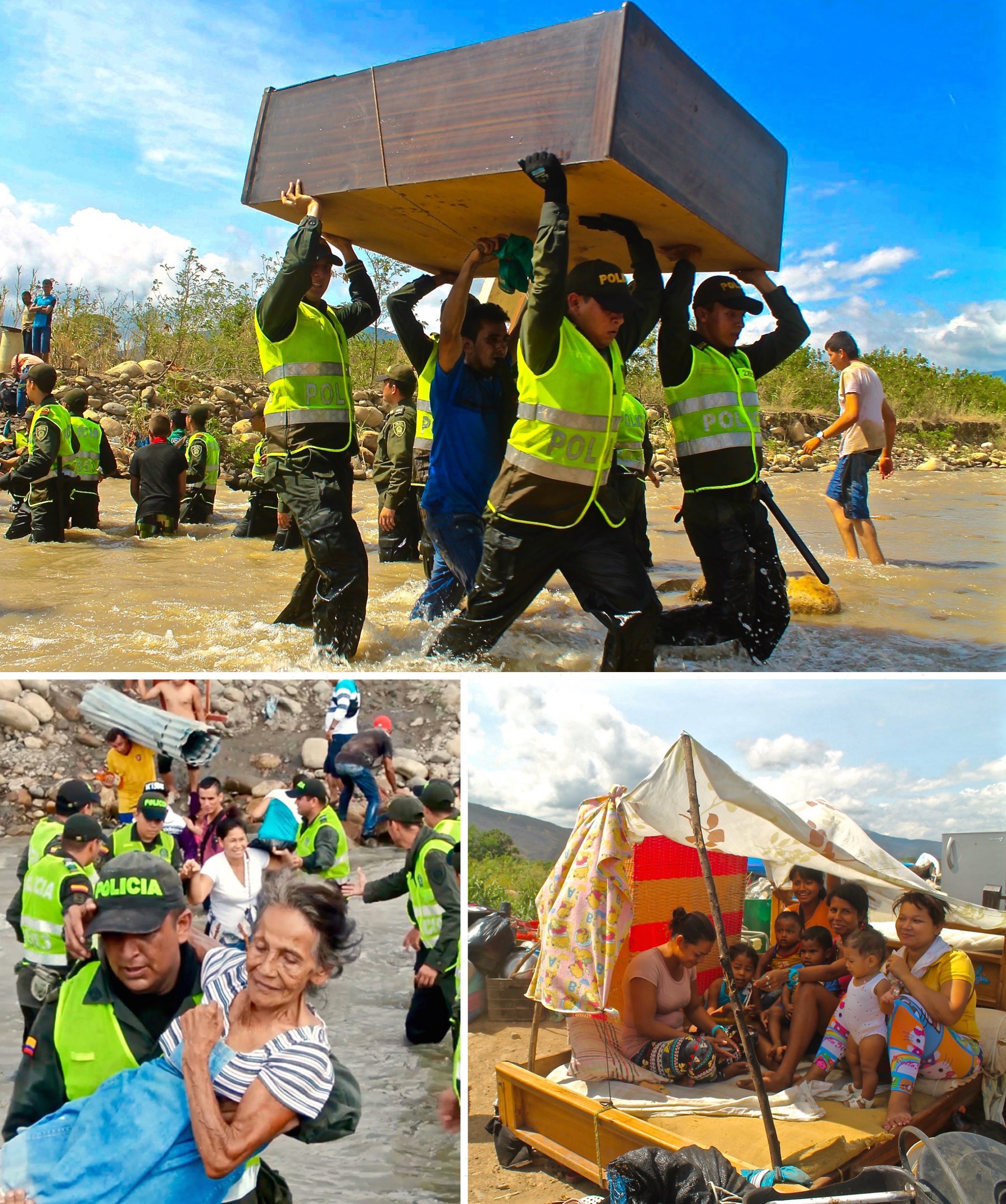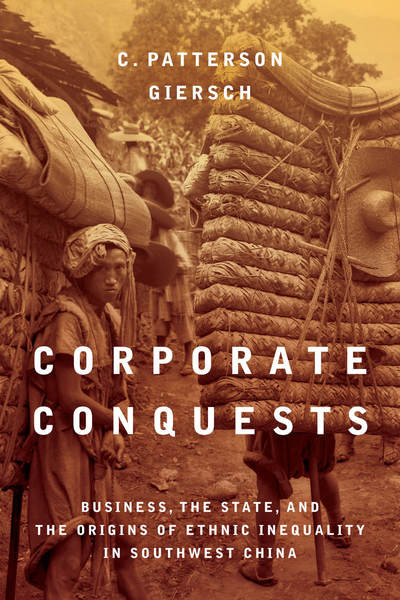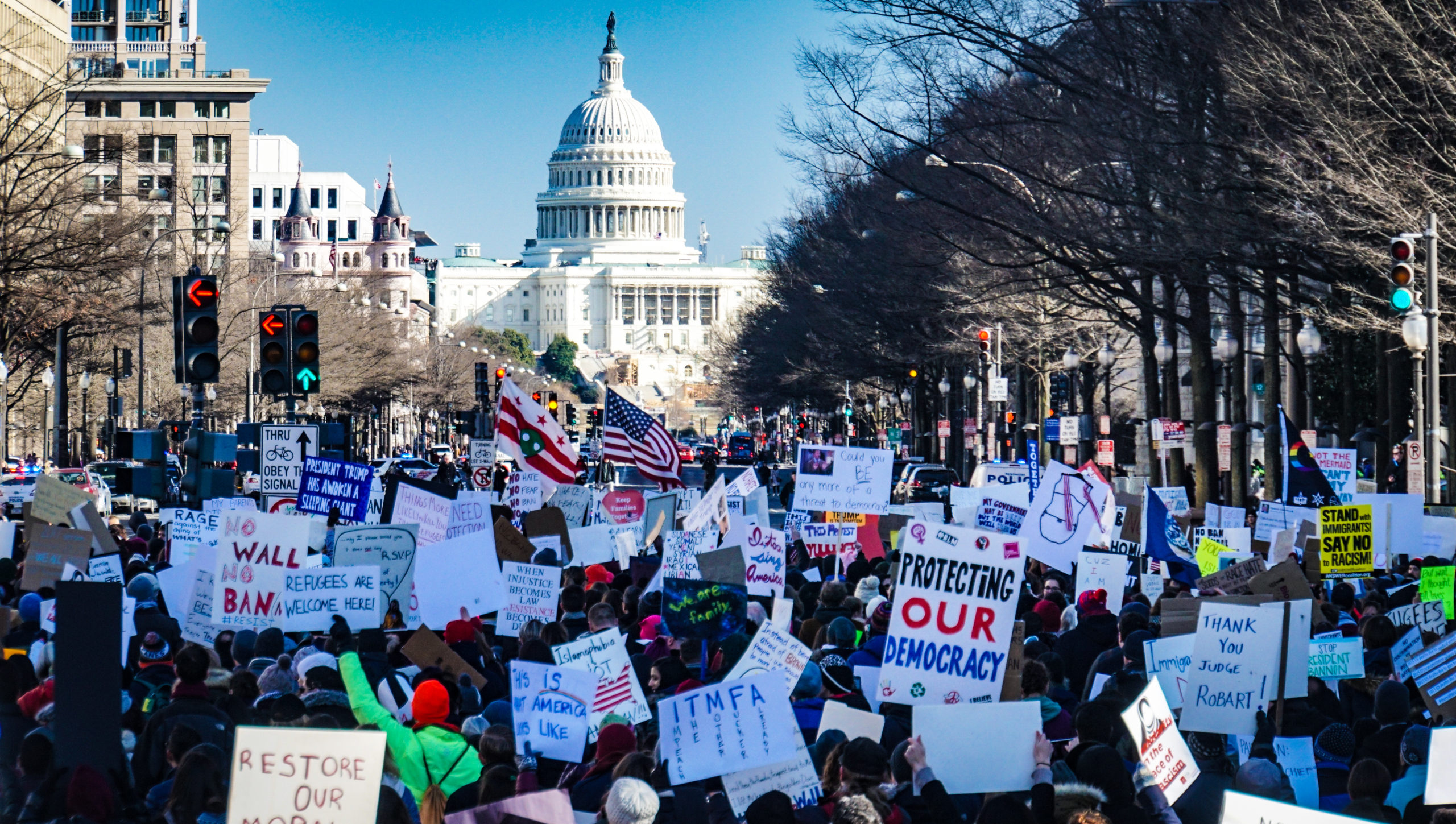
The Year of COVID-19 with Dr. Anthony Fauci
By Noah Smith, RightsViews staff writer and a graduate student in the human rights MA program
On December 10, the Dean's Grand Rounds on the Future of Public Health had the pleasure of hosting Dr. Anthony Fauci to discuss the year of COVID-19 and the future of public health. The COVID-19 pandemic has shown a sobering light on unequivocally broken, systematically racist and unequal health systems which have done little to support communities of color, the vulnerable and the elderly. It has also starkly illuminated our nation's absence of a public health system charged with protecting the health of all citizens. The Dean’s Grands Rounds sought to examine these challenges as well as deepen our understanding, research, teaching and action on this topic, through examining the year that changed everything and the very future of public health.
The Dean of the Mailman School of Public Health, Dr. Linda Fried, moderated the event and asked Dr. Fauci predetermined questions sent in by students...

